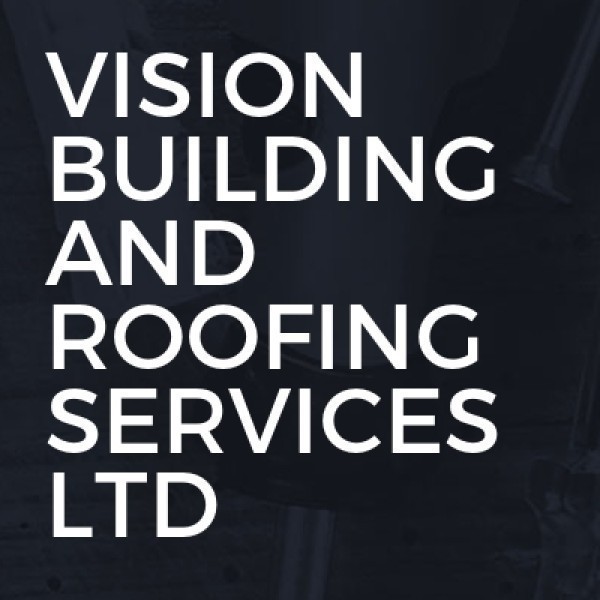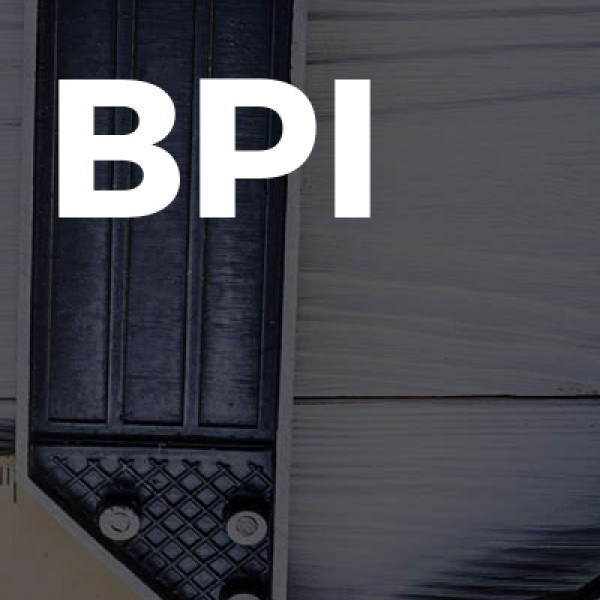Understanding Loft Conversions in Newark-on-Trent
Loft conversions in Newark-on-Trent have become increasingly popular as homeowners seek to maximise their living space without the hassle of moving. This charming market town, nestled in Nottinghamshire, offers a unique blend of historical allure and modern convenience, making it an ideal location for enhancing your home. Let's delve into the world of loft conversions and explore how they can transform your property.
The Appeal of Loft Conversions
Loft conversions are a brilliant way to add value and space to your home. They provide an opportunity to utilise the often-underused attic area, turning it into a functional living space. Whether you need an extra bedroom, a home office, or a playroom, a loft conversion can meet your needs without encroaching on your garden or outdoor space.
Benefits of Loft Conversions
- Increased Property Value: A well-executed loft conversion can significantly boost your home's market value.
- Additional Living Space: Gain extra room without altering your home's footprint.
- Cost-Effective: Often cheaper than building an extension or moving house.
- Customisable: Tailor the space to suit your specific requirements.
Types of Loft Conversions
There are several types of loft conversions, each with its own set of advantages. The choice depends on your budget, the existing roof structure, and your personal preferences.
Dormer Loft Conversions
Dormer conversions are one of the most popular choices. They involve extending the existing roof to create additional headroom and floor space. This type of conversion is versatile and can be adapted to suit various property styles.
Mansard Loft Conversions
Mansard conversions typically involve altering the roof structure to create a flat roof with a slight slope. This option is ideal for maximising space and is often used in terraced houses.
Hip to Gable Loft Conversions
Hip to gable conversions are suitable for properties with a hipped roof. This involves extending the sloping side of the roof to create a vertical gable wall, providing more internal space.
Velux Loft Conversions
Velux conversions, also known as roof light conversions, are the most straightforward and cost-effective option. They involve installing Velux windows into the existing roof structure, making them ideal for homes with ample headroom.
Planning Permission and Building Regulations
Before embarking on a loft conversion in Newark-on-Trent, it's crucial to understand the planning permission and building regulations involved. While many loft conversions fall under permitted development rights, some may require planning permission, especially if you live in a conservation area or a listed building.
Permitted Development Rights
Most loft conversions are considered permitted development, meaning you won't need planning permission if the work meets specific criteria. However, it's always wise to check with your local planning authority to ensure compliance.
Building Regulations
Regardless of planning permission, all loft conversions must comply with building regulations. These regulations ensure the safety and structural integrity of the conversion, covering aspects such as fire safety, insulation, and access.
Choosing the Right Loft Conversion Specialist
Selecting a reputable loft conversion specialist is crucial to the success of your project. Look for professionals with experience in the Newark-on-Trent area, as they will have a better understanding of local building codes and architectural styles.
Research and Recommendations
- Check Credentials: Ensure the specialist is accredited and has a solid track record.
- Read Reviews: Look for testimonials from previous clients to gauge their satisfaction.
- Ask for Recommendations: Seek advice from friends or family who have undertaken similar projects.
Getting Quotes
Obtain multiple quotes to compare prices and services. Be wary of quotes that seem too good to be true, as they may indicate subpar workmanship or hidden costs.
Designing Your Loft Conversion
Designing your loft conversion is an exciting part of the process. Consider how you intend to use the space and what features are essential for your lifestyle.
Space Planning
Effective space planning is key to a successful loft conversion. Consider the layout, furniture placement, and storage solutions to make the most of the available space.
Lighting and Ventilation
Natural light and ventilation are crucial in a loft conversion. Incorporate windows, skylights, and ventilation systems to create a bright and airy environment.
Interior Design
Choose a design style that complements the rest of your home. Whether you prefer a modern, minimalist look or a cosy, traditional feel, ensure the design reflects your personality and taste.
Cost Considerations
The cost of a loft conversion in Newark-on-Trent can vary widely depending on the type of conversion, the size of the space, and the materials used. It's essential to set a realistic budget and factor in potential unforeseen expenses.
Budgeting Tips
- Plan Ahead: Outline your requirements and prioritise essential features.
- Get Detailed Quotes: Ensure quotes include all aspects of the project, from design to completion.
- Allow for Contingencies: Set aside a contingency fund for unexpected costs.
Financing Options
If your budget is tight, consider financing options such as home improvement loans or remortgaging to fund your loft conversion.
Frequently Asked Questions
1. How long does a loft conversion take?
The duration of a loft conversion depends on the complexity of the project. On average, it can take between 6 to 12 weeks from start to finish.
2. Do I need planning permission for a loft conversion?
Most loft conversions fall under permitted development rights, but it's essential to check with your local planning authority to confirm.
3. How much does a loft conversion cost?
The cost varies depending on the type of conversion and the size of the space. On average, prices range from £20,000 to £50,000.
4. Can all lofts be converted?
Not all lofts are suitable for conversion. Factors such as headroom, roof structure, and access will determine feasibility.
5. Will a loft conversion add value to my home?
Yes, a well-designed loft conversion can significantly increase your property's value, often by more than the cost of the conversion itself.
6. What is the best type of loft conversion?
The best type of loft conversion depends on your home's structure, your budget, and your personal preferences. Consulting with a specialist can help determine the most suitable option.
Final Thoughts on Loft Conversions in Newark-on-Trent
Loft conversions in Newark-on-Trent offer a fantastic opportunity to enhance your living space and add value to your home. By understanding the different types of conversions, planning permissions, and design considerations, you can embark on a successful project that meets your needs and complements your lifestyle. With the right planning and professional guidance, your loft conversion can become a cherished part of your home for years to come.


















